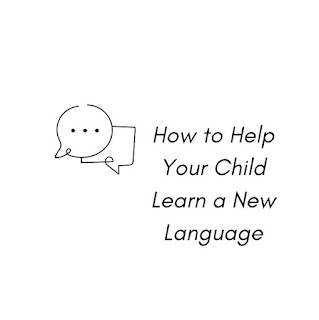There are lots of benefits to learning a second language, particularly in childhood. It can support cognitive development and aid memory and concentration, as well as improving the ability to multitask. In most UK schools, children must learn a language as part of their education. As a parent, there are various things you can do at home to help them, as explored below by a private school in Cheshire.
Encourage Regular Practise
When it comes to learning a new language, the phrase “little and often” comes to mind. Memory is aided by repetition, so the more often your child practises the language, even in short bursts, the more likely they are to remember it. Even if you schedule in half an hour or so each day for studying, the language will sink in more quickly than if they only practise once a week.
Label Everything
As mentioned above, constant exposure is key, so it would benefit your child to label items around the house in the target language so that they can practise the words and phrases every time they see them.
Use Technology
There are lots of apps and games your child could download onto their smartphone or tablet to help them learn the language, as well as TV shows, music, and audiobooks they could engage in. This will expose them to the language in a fun and entertaining way, as opposed to sitting with their head in a textbook for hours on end. This makes it more engaging and memorable.
Look for a Study Buddy
If you can’t speak the language yourself, you won’t be able to practise with your child. However, you could encourage them to invite a friend over after school so that they can practise together. They will be able to work on their conversational skills, which is difficult to do when studying alone.





No comments:
Post a Comment